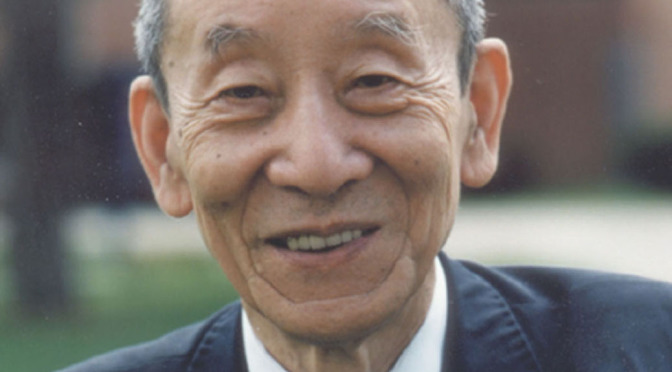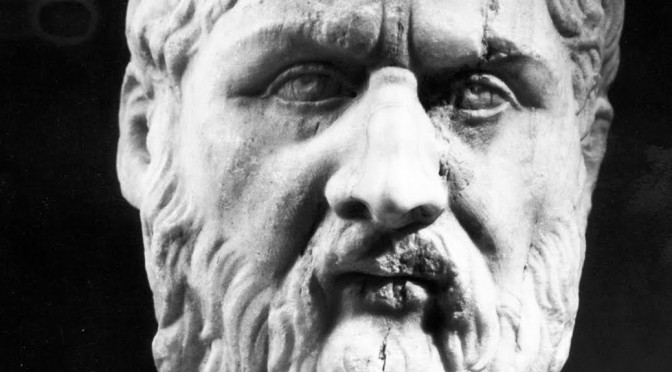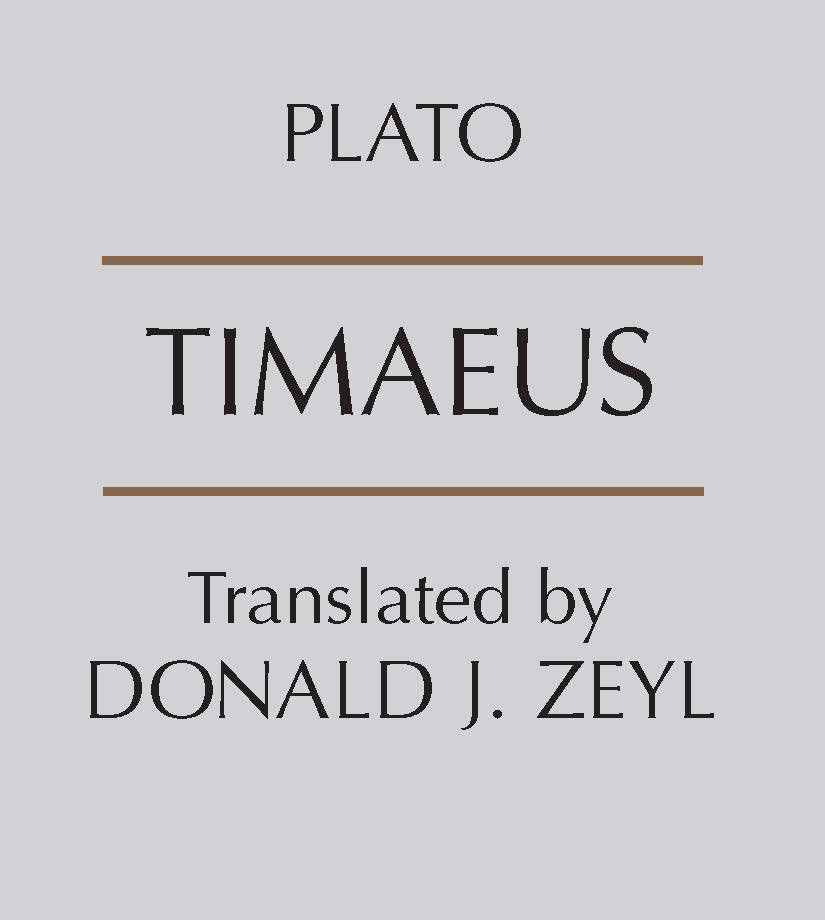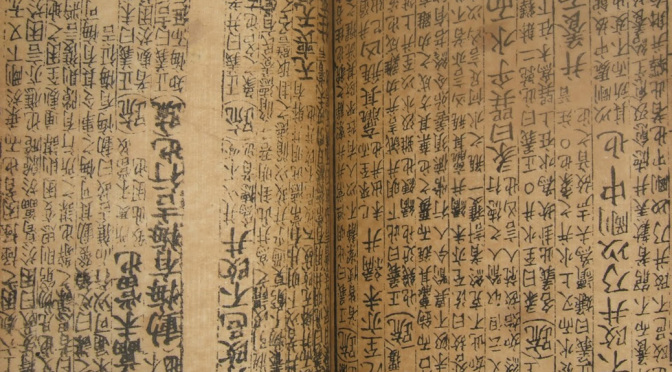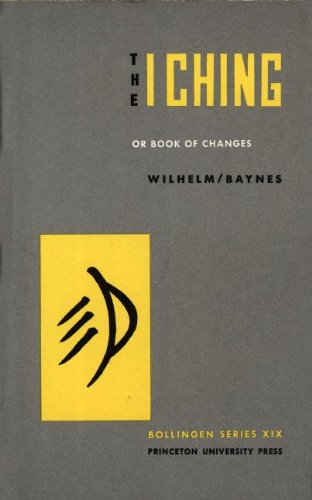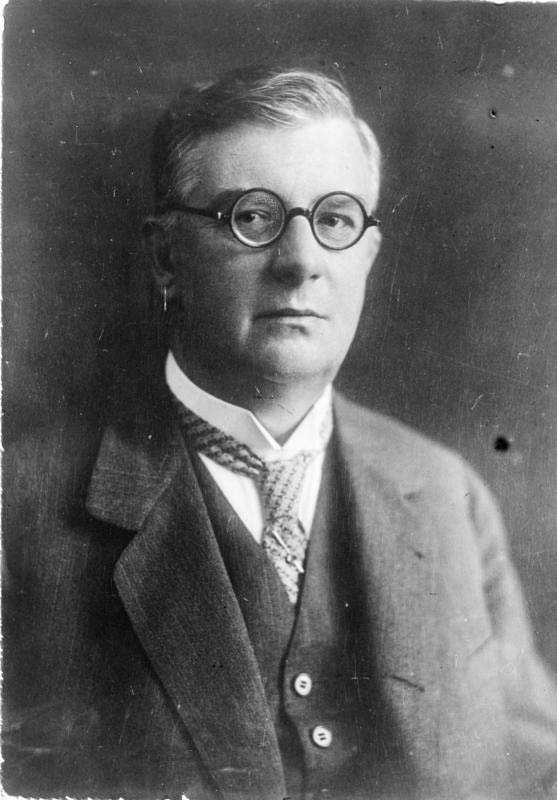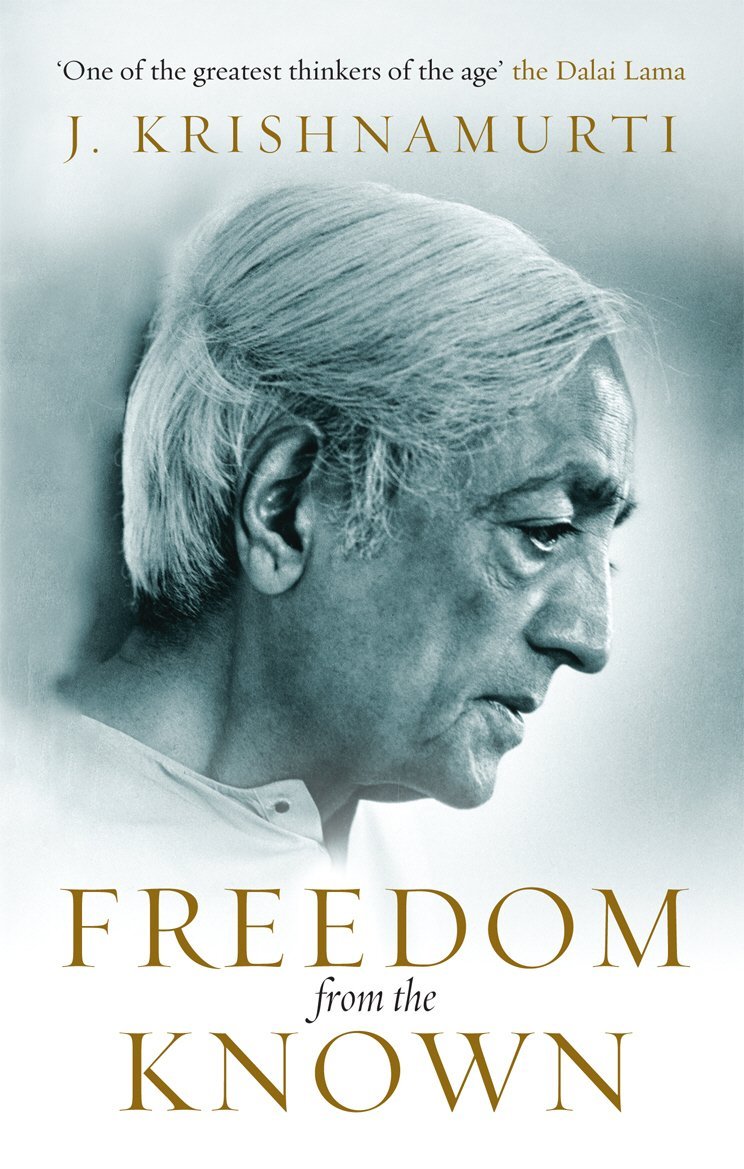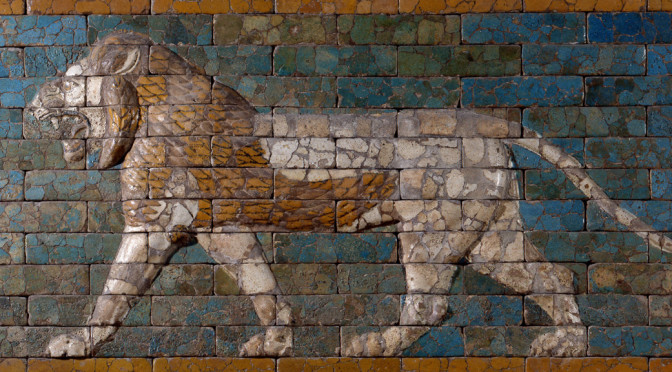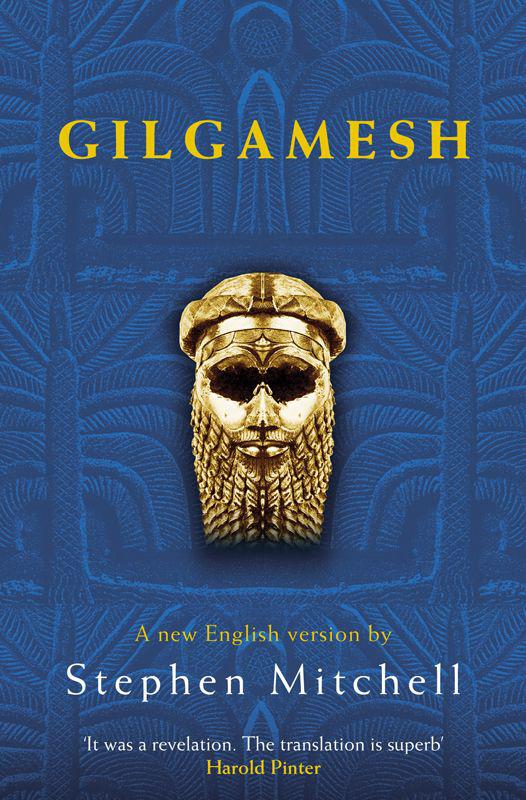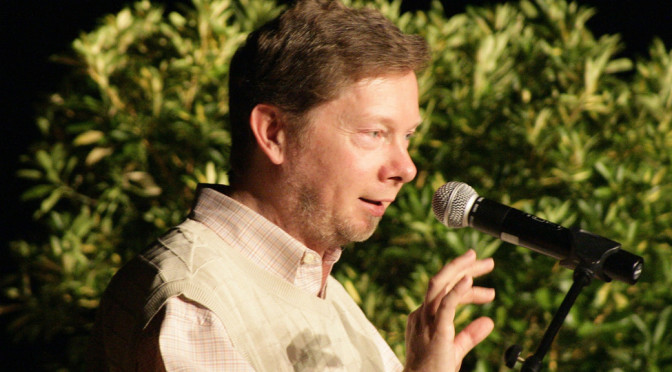Everything is honored, but nothing matters. Forms are born and die, yet you are aware of the eternal underneath the forms. You know that “nothing real can be threatened.”
An emotion usually represents an amplified and energized thought pattern, and because of its often overpowering energetic charge, it is not easy initially to stay present enough to be able to watch it. It wants to take you over, and it usually succeeds — unless there is enough presence in you. If you are pulled into unconscious identification with the emotion through lack of presence, which is normal, the emotion temporarily becomes “you.” Often a vicious circle builds up between your thinking and the emotion: they feed each other. The thought pattern creates a magnified reflection of itself in the form of an emotion, and the vibrational frequency of the emotion keeps feeding the original thought pattern. By dwelling mentally on the situation, event, or person that is the perceived cause of the emotion, the thought feeds energy to the emotion, which in turn energizes the thought pattern, and so on.
The pollution of the planet is only an outward reflection of an inner psychic pollution: millions of unconscious individuals not taking responsibility for their inner space.
Basically, all emotions are modifications of one primordial, undifferentiated emotion that has its origin in the loss of awareness of who you are beyond name and form. Because of its undifferentiated nature, it is hard to find a name that precisely describes this emotion. “Fear” comes close, but apart from a continuous sense of threat, it also includes a deep sense of abandonment and incompleteness. It may be best to use a term that is as undifferentiated as that basic emotion and simply call it “pain.” One of the main tasks of the mind is to fight or remove that emotional pain, which is one of the reasons for its incessant activity, but all it can ever achieve is to cover it up temporarily. In fact, the harder the mind struggles to get rid of the pain, the greater the pain. The mind can never find the solution, nor can it afford to allow you to find the solution, because it is itself an intrinsic part of the “problem.” Imagine a chief of police trying to find an arsonist when the arsonist is the chief of police.
The secret of life is to “die before you die” — and find that there is no death.
As long as the egoic mind is running your life, you cannot truly be at ease; you cannot be at peace or fulfilled except for brief intervals when you obtained what you wanted, when a craving has just been fulfilled. Since the ego is a derived sense of self, it needs to identify with external things. It needs to be both defended and fed constantly. The most common ego identifications have to do with possessions, the work you do, social status and recognition, knowledge and education, physical appearance, special abilities, relationships, personal and family history, belief systems, and often also political, nationalistic, racial, religious, and other collective identifications. None of these is you.
The eternal present is the space within which your whole life unfolds, the one factor that remains constant. Life is now.
Do you find this frightening? Or is it a relief to know this? All of these things you will have to relinquish sooner or later. Perhaps you find it as yet hard to believe, and I am certainly not asking you to believe that your identity cannot be found in any of those things. You will know the truth of it for yourself. You will know it at the latest when you feel death approaching. Death is a stripping away of all that is not you. The secret of life is to “die before you die” — and find that there is no death.
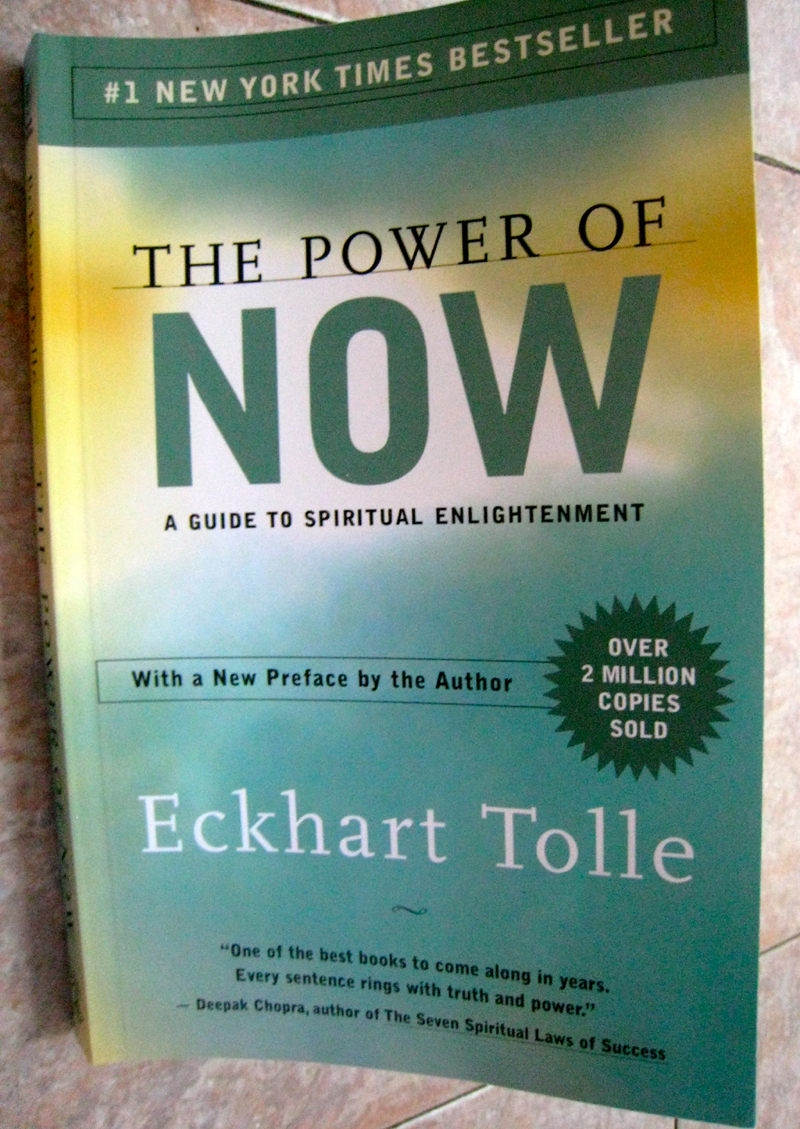
The time-bound mode of consciousness is deeply embedded in the human psyche. But what we are doing here is part of a profound transformation that is taking place in the collective consciousness of the planet and beyond: the awakening of consciousness from the dream of matter, form, and separation. The ending of time. We are breaking mind patterns that have dominated human life for eons. Mind patterns that have created unimaginable suffering on a vast scale. I am not using the word evil. It is more helpful to call it unconsciousness or insanity.
The light is too painful for someone who wants to remain in darkness.
It’s up to you to open a portal in your life that gives you conscious access to the Unmanifested. Get in touch with the energy field of the inner body, be intensely present, disidentify from the mind, surrender to what is; these are all portals you can use — but you only need to use one.
Watch any plant or animal and let it teach you acceptance of what is, surrender to the Now. Let it teach you Being. Let it teach you integrity — which means to be one, to be yourself, to be real. Let it teach you how to live and how to die, and how not to make living and dying into a problem.
A few years from now — two years or seventy years, it doesn’t make much difference — both of you will have become rotting corpses, then piles of dust, then nothing at all. This is a sobering and humbling realization that leaves little room for pride. Is this a negative thought? No, it is a fact. Why close your eyes to it? In that sense, there is total equality between you and every other creature.
